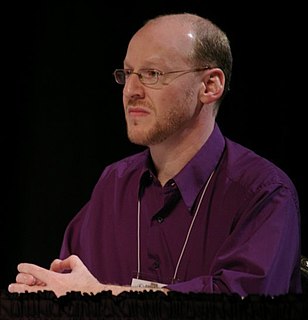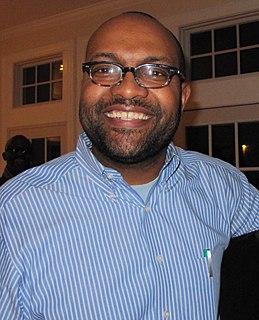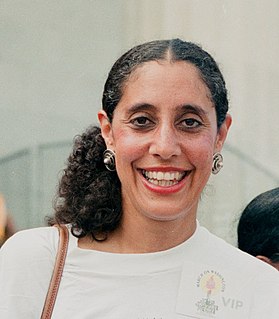A Quote by Mark Haddon
Science and literature give me answers. And they ask me questions I will never be able to answer.
Related Quotes
Sometimes when I visit schools, kids will interview me for the school newspaper. They ask me questions and my answers tend to go on and on, and they try to write down everything I'm saying as quickly as they can. And one day, a kid holds up her hand and said, 'Do you think you could just answer 'yes' or 'no?' Aren't kids wonderful?
When people ask me what philosophy is, I say philosophy is what you do when
you don't know what the right questions are yet. Once you get the questions
right, then you go answer them, and that's typically not philosophy, that's
one science or another. Anywhere in life where you find that people aren't
quite sure what the right questions to ask are, what they're doing, then,
is philosophy.
But in the end, science does not provide the answers most of us require. Its story of our origins and of our end is, to say the least, unsatisfactory. To the question, "How did it all begin?", science answers, "Probably by an accident." To the question, "How will it all end?", science answers, "Probably by an accident." And to many people, the accidental life is not worth living. Moreover, the science-god has no answer to the question, "Why are we here?" and, to the question, "What moral instructions do you give us?", the science-god maintains silence.







































